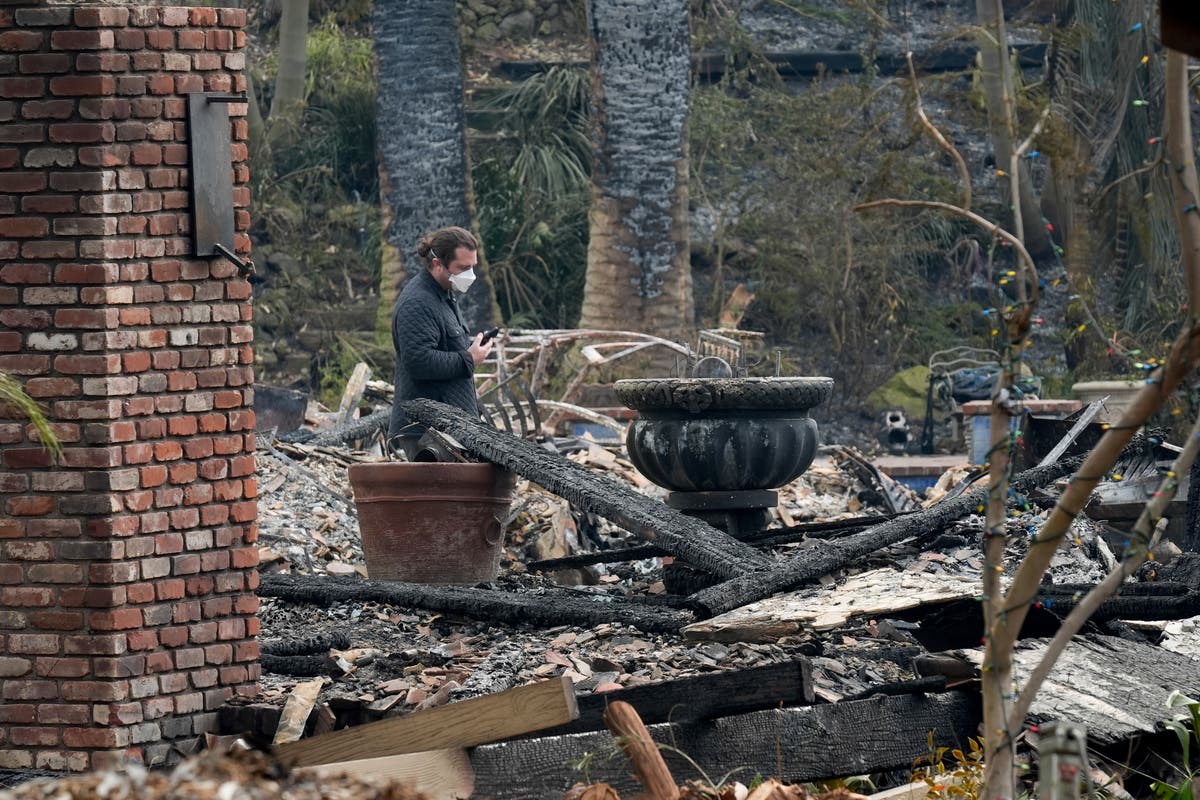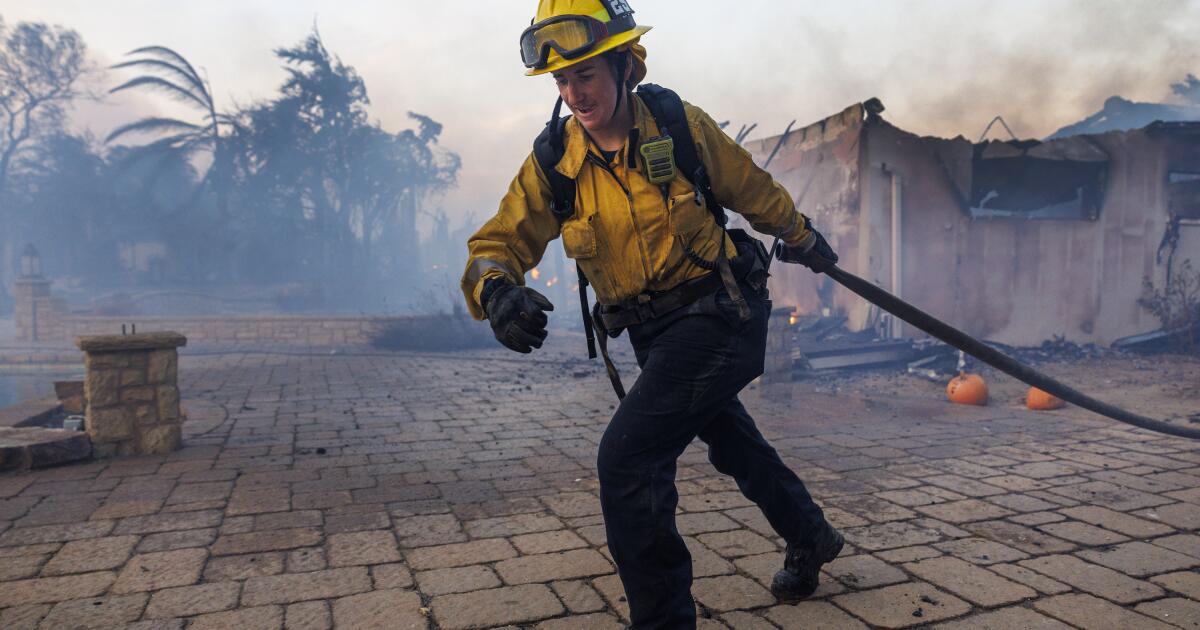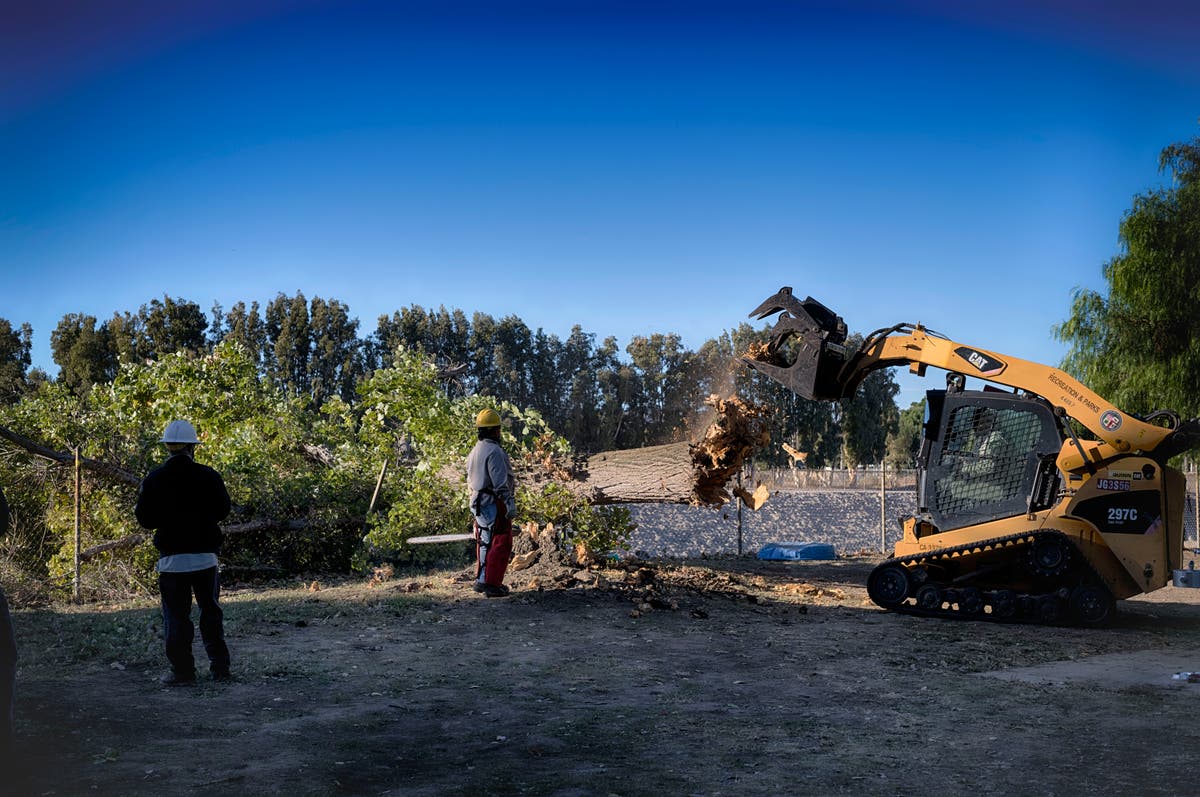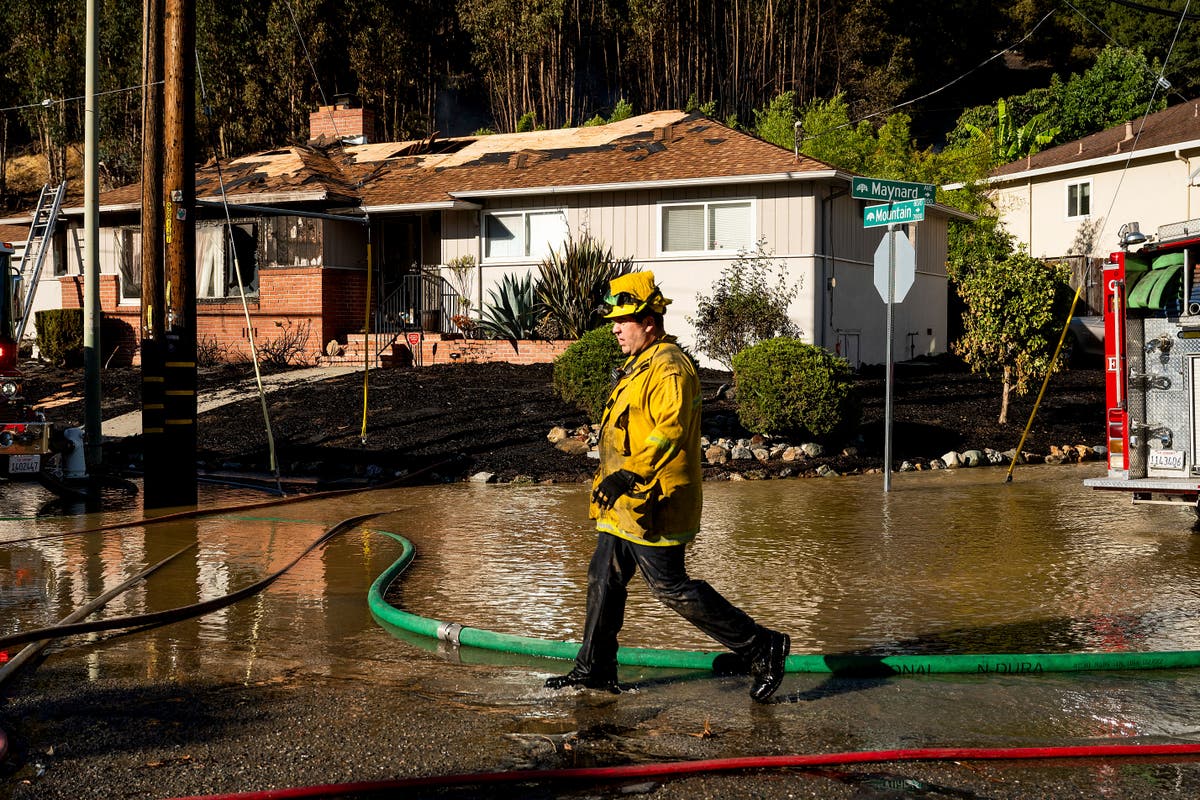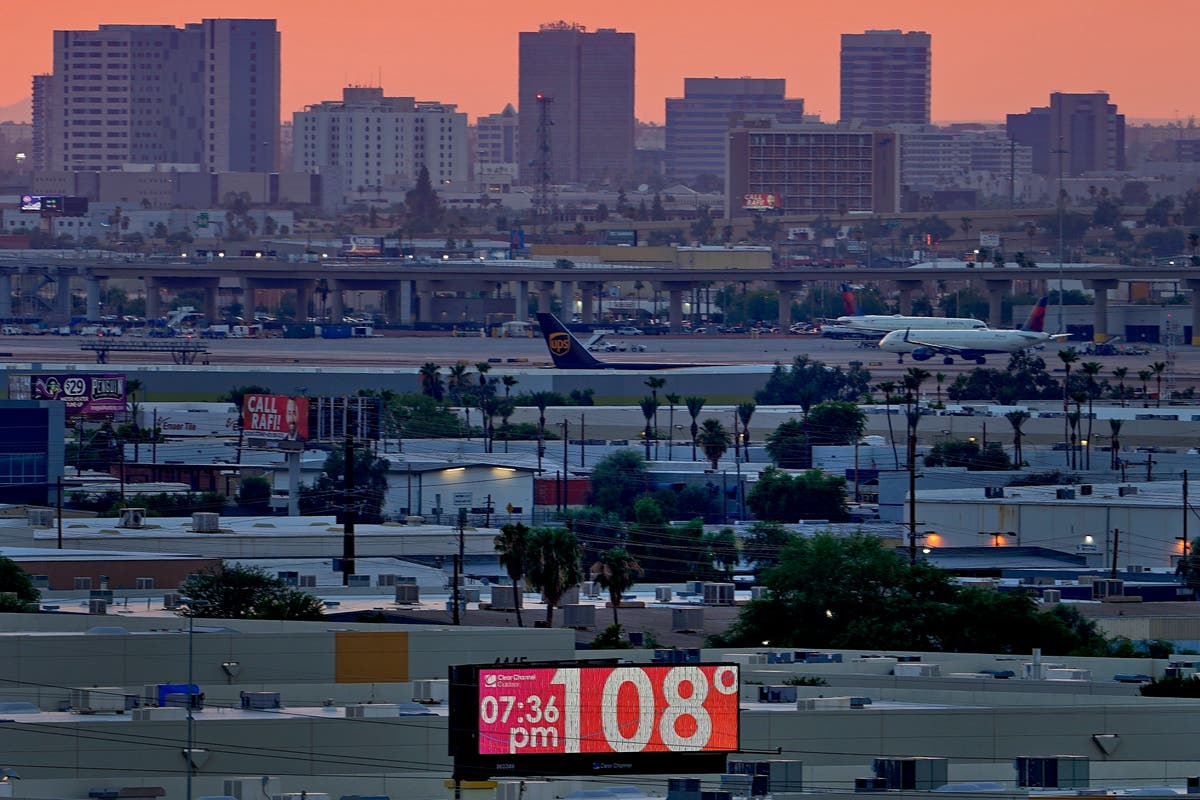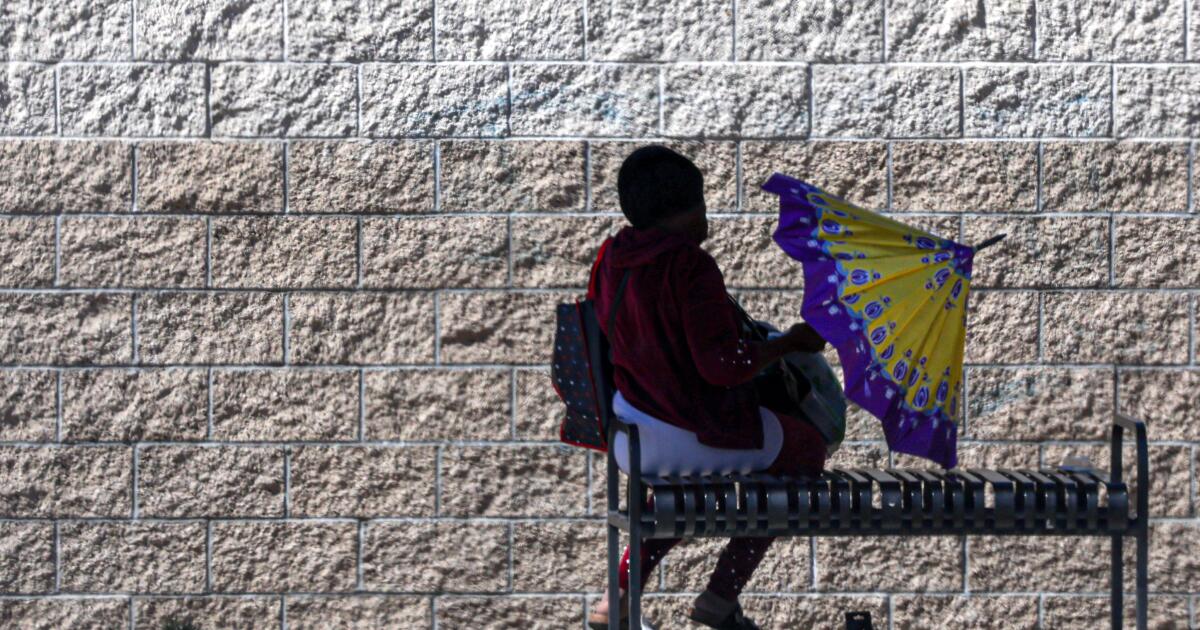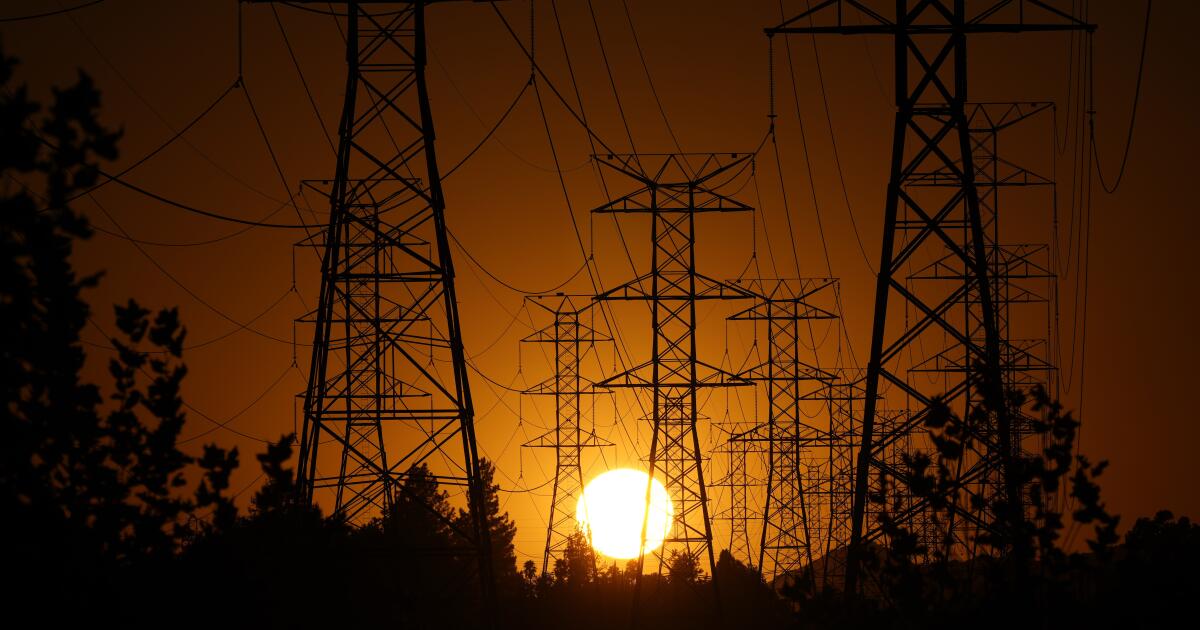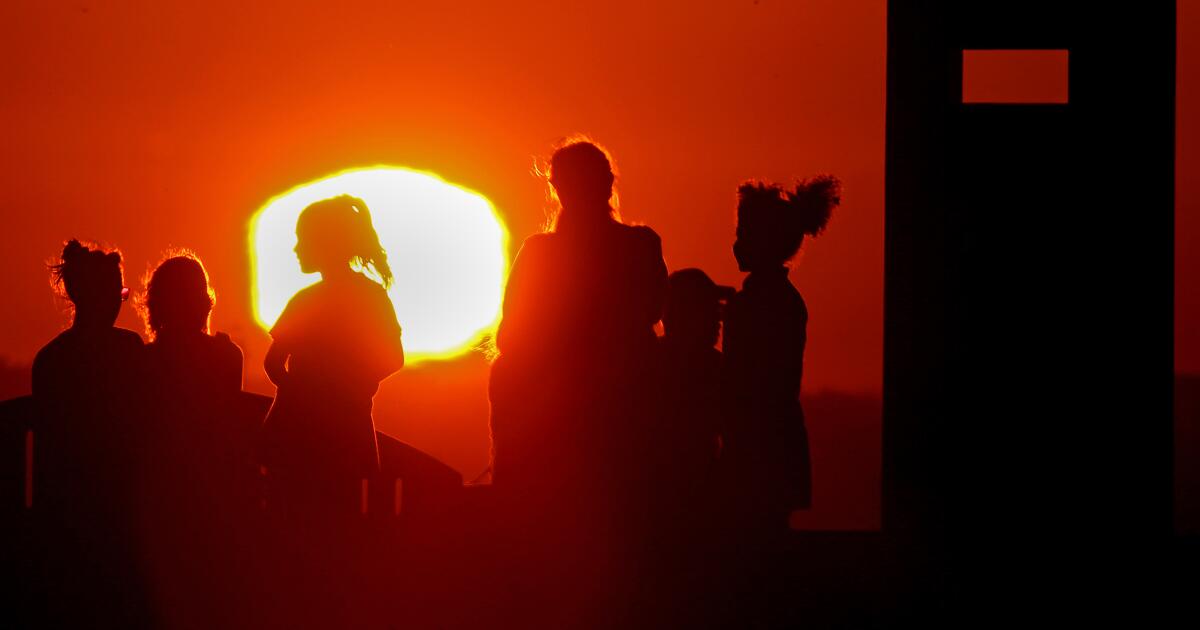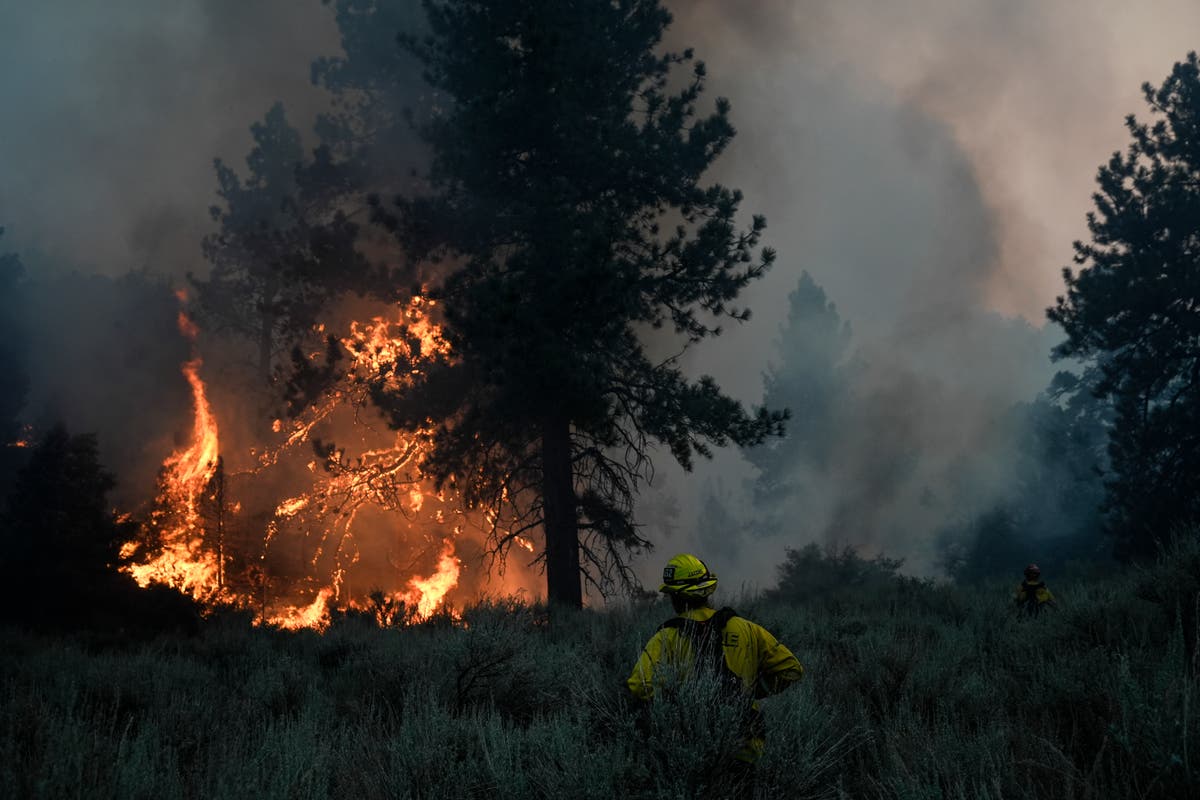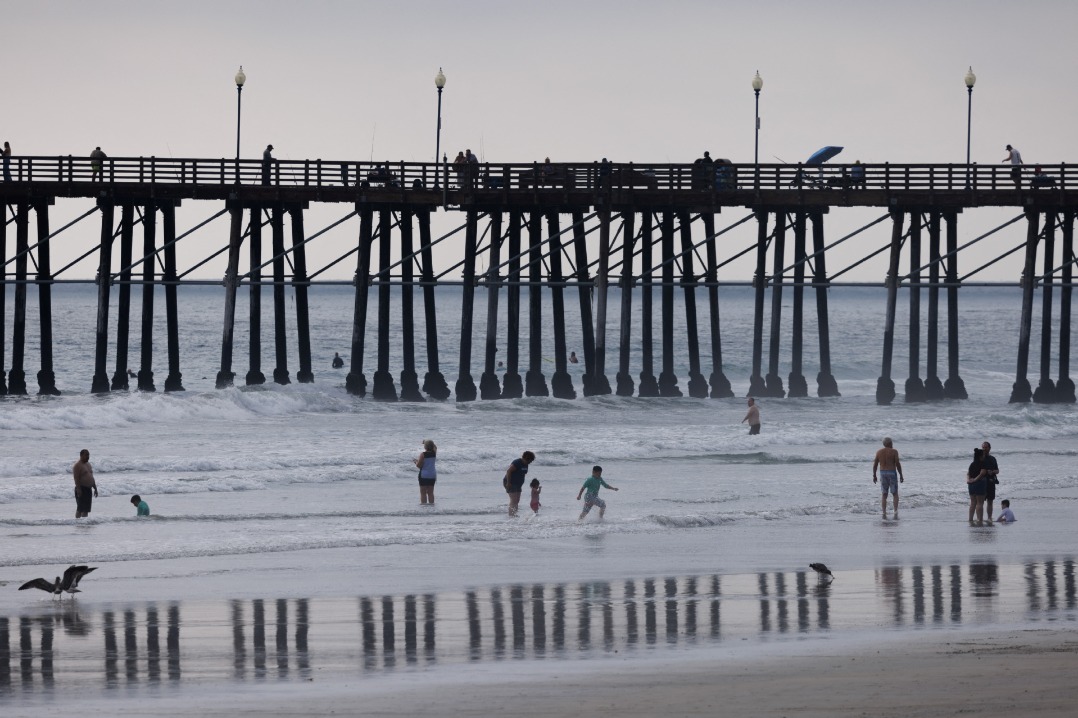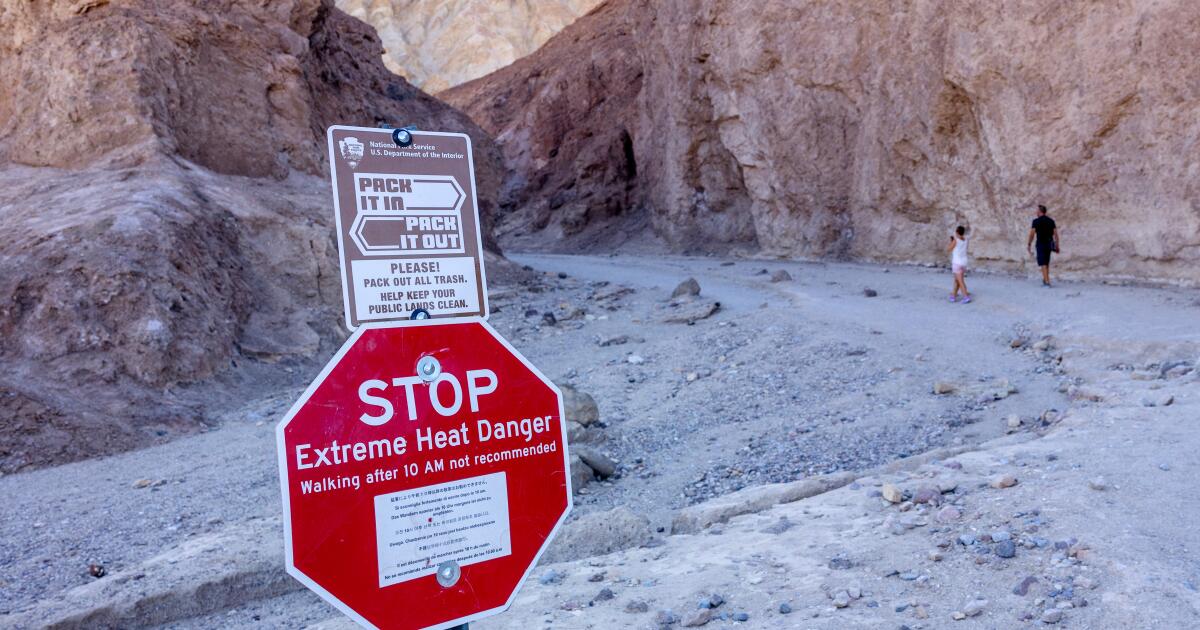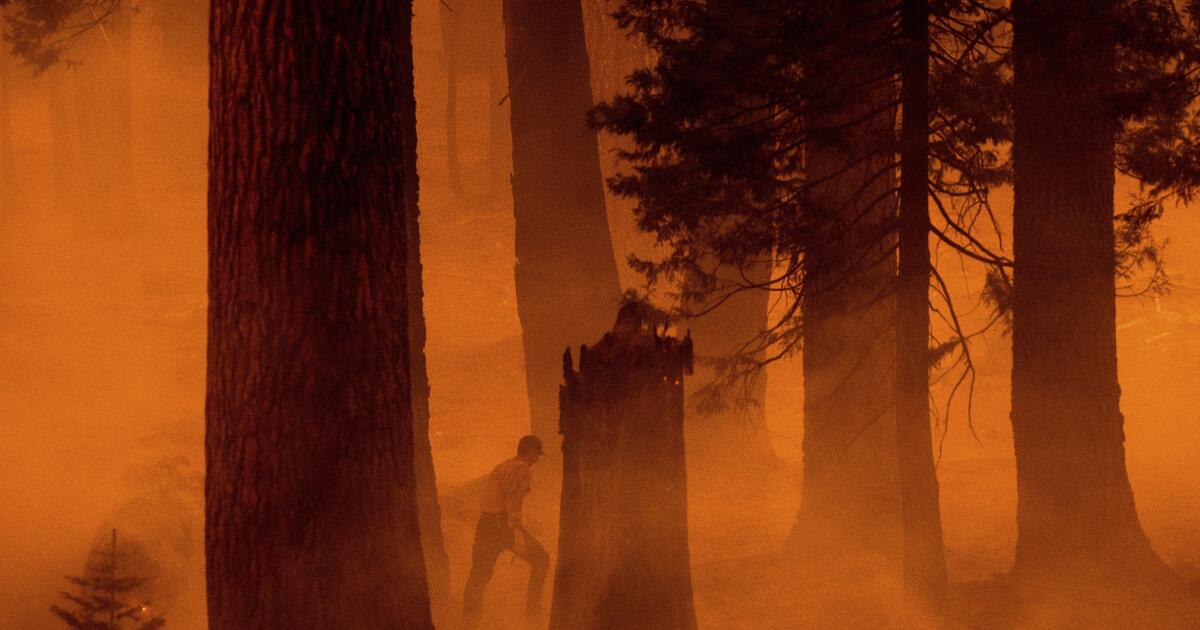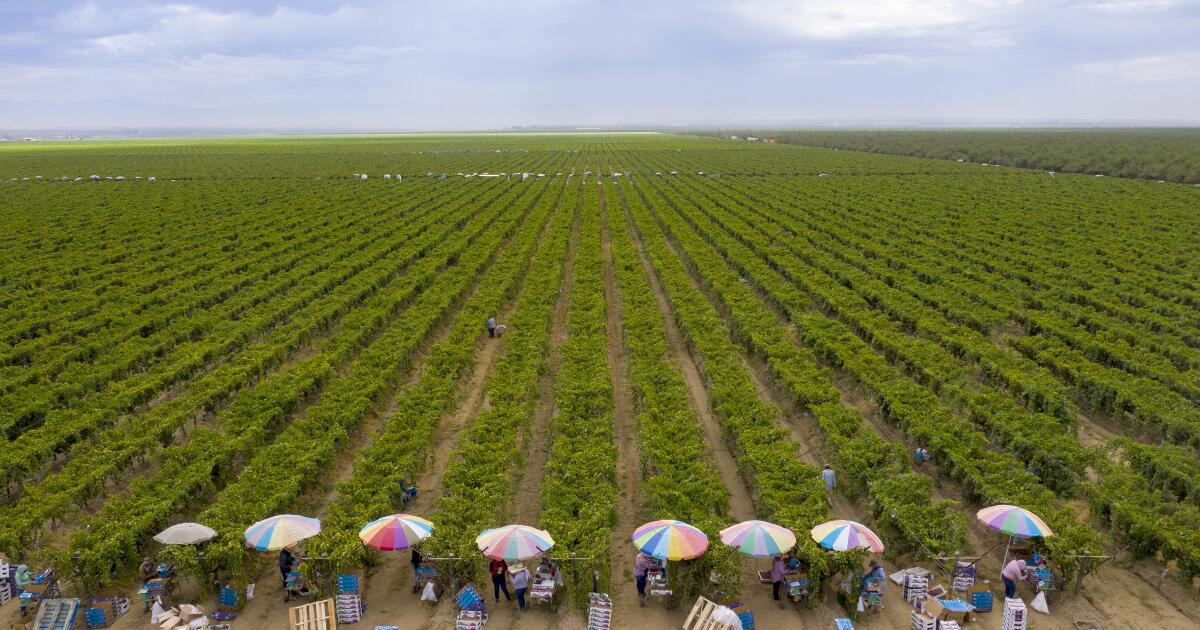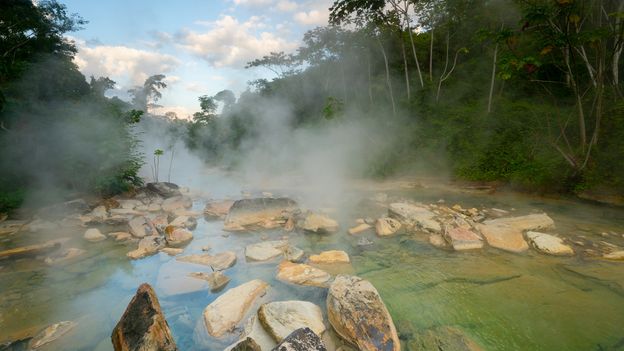
Boiling Point: This heat is not normal
LA TimesJudith More, 13, doesn’t mind a little cool water on her head, courtesy of sister Suzanne More, 17, at Zabriskie Point in Death Valley on Sunday as their mother, Laetitia Cherbonnel, left, takes in the view. With brutal temperatures, unprecedented ocean warming and wildfire smoke engulfing major cities, Americans may feel as though they’re auditioning for the climate disaster film “The Day After Tomorrow,” my colleague Jenny Jarvie writes. Also check out this story by my colleagues Suhauna Hussain, Emerson Drewes and Jen Yamato, about Southern California’s “hot labor summer” as striking Hollywood writers and actors, hotel staff, delivery truck drivers and fast-food employees picket in the dangerous heat, demanding fair wages and working conditions — including, in some cases, cooler indoor temperatures. California’s got a new law designed to protect Joshua trees from housing construction, renewable energy development and climate change, after state regulators deadlocked on an Endangered Species Act listing. Here’s the story from the Oregonian’s Alex Baumhardt, who quotes an Avista executive describing the company’s spending as “a prudent expenditure on behalf of our customers” because the climate program in question “negatively impacts our customers through reduced energy choice, higher costs and decreased reliability.” I was especially interested to read that response given my previous coverage of Southern California Gas Co., which responded to similar allegations by agreeing to charge certain pro-gas advocacy work to shareholders instead of customers.
History of this topic

Boiling Point: Intentionally destroying the climate is not normal
LA Times
Boiling Point: As California broils, Montana doubles down on coal
LA Times
Boiling Point: Change change, the everything story
LA Times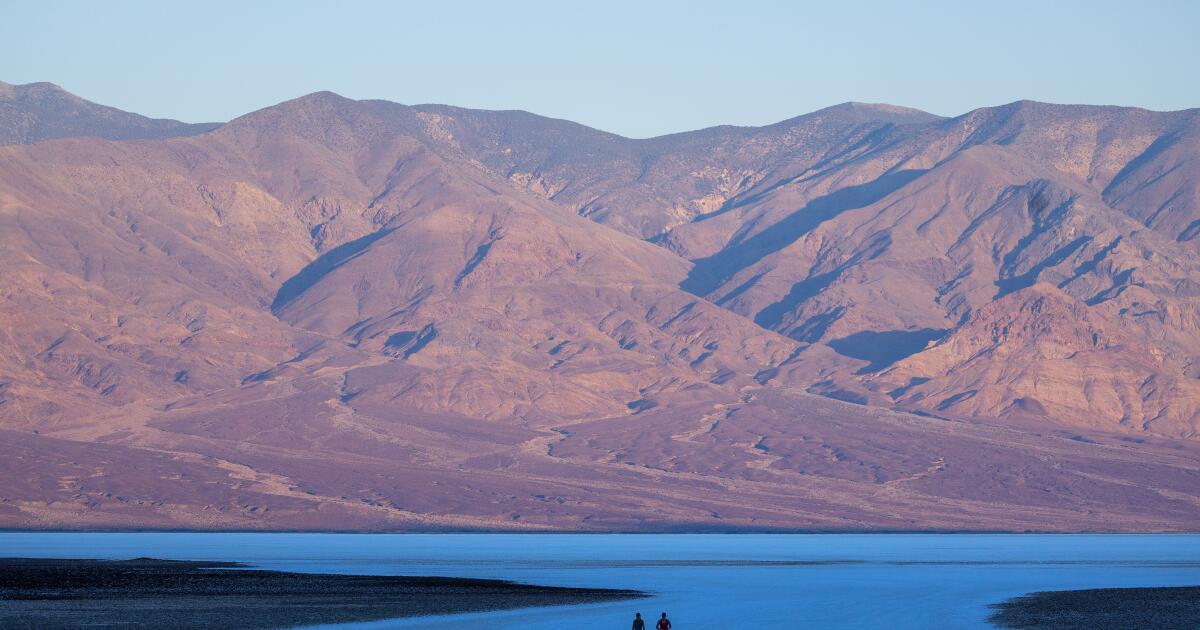
For these Death Valley residents, extreme heat is a way of life
LA Times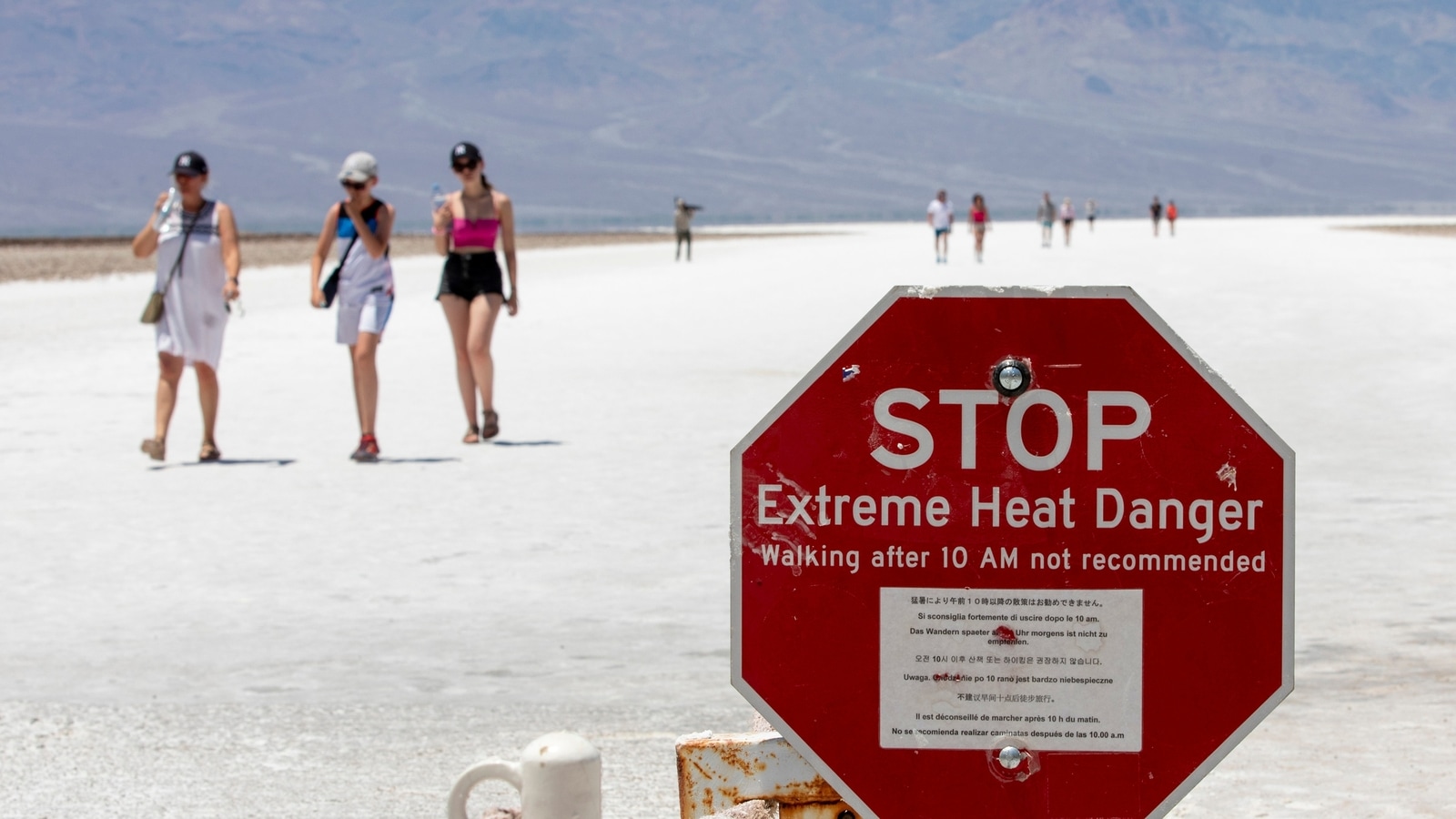
Tourists defy heatwave warnings by US to capture Death Valley's unique landscape
Hindustan TimesTourists still flock to Death Valley amid searing US heat wave blamed for several deaths
Associated PressTourists still flock to Death Valley amid searing US heat wave blamed for several deaths
Associated Press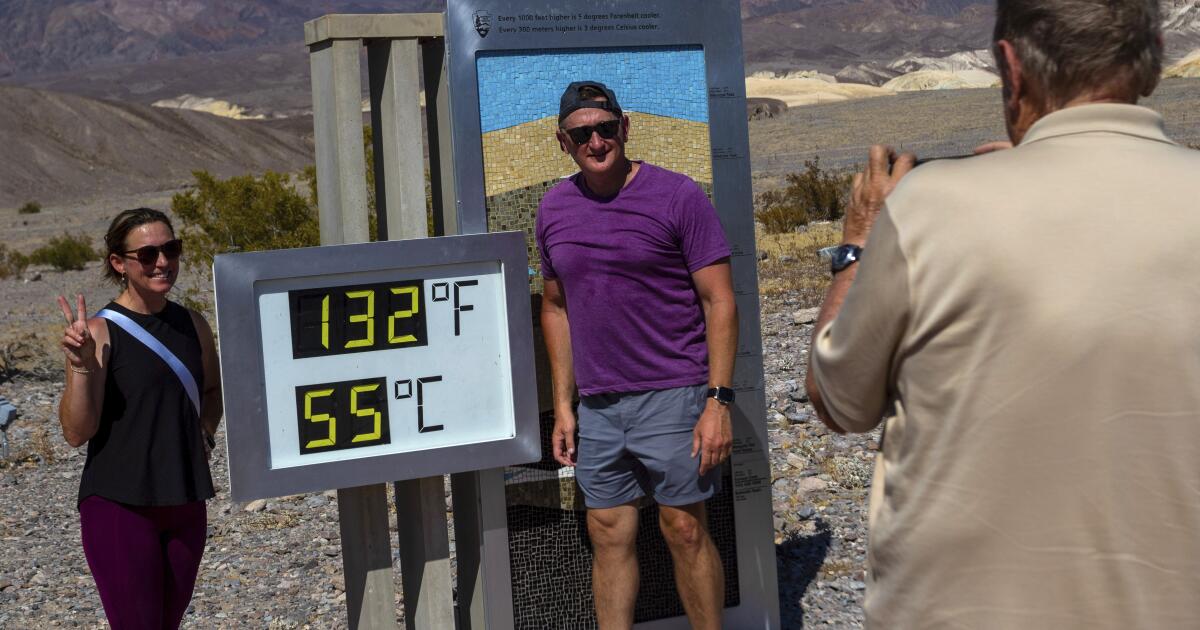
‘Unprecedented’ heat wave in California brings death, fires, all-time highs
LA TimesPersistent heat wave in the US shatters new records, causes deaths in the West and grips the East
Associated Press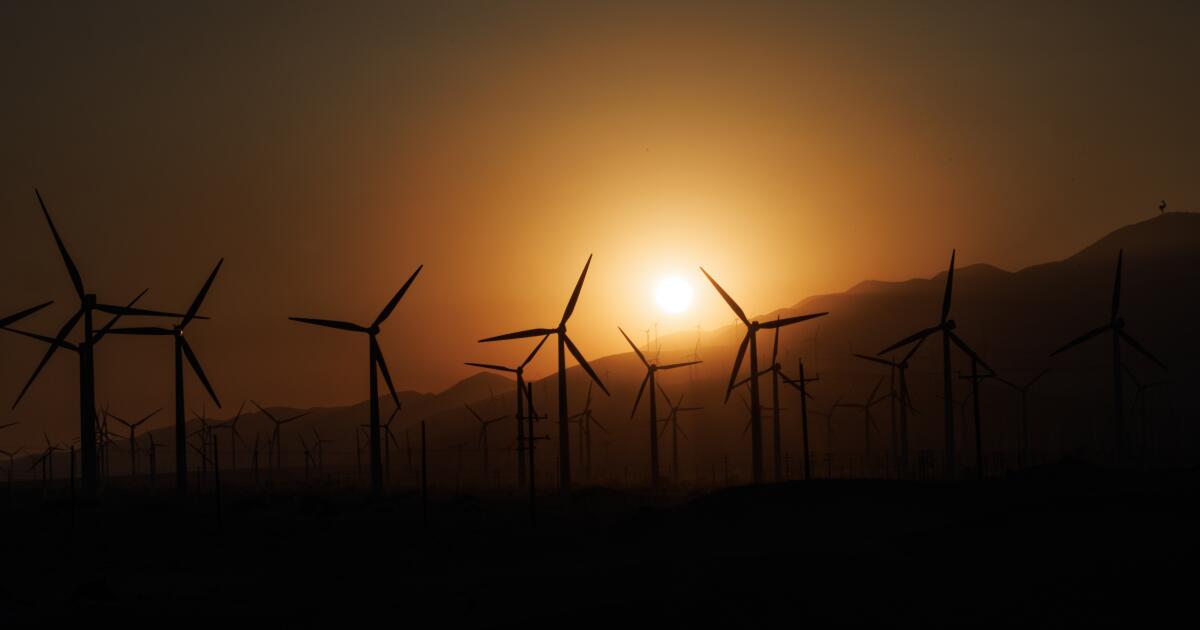
California’s heat wave breaks records, fuels wildfires
LA Times
CLIMATE GLIMPSE: Here's what you need to see and know today
The Independent
Surviving Death Valley at 128 degrees ‘like a blow-dryer in my face’
LA TimesCalifornia’s Death Valley sizzles as brutal heat wave continues
Associated Press
Dangerous triple-digit temperatures broil Southern California’s inland areas this weekend
LA Times
Death Valley could see 129-degree high, with low over 100, as California roasts
LA Times
Boiling Point: A trip to the Rockies
LA Times
California forest closed as wildfires burn, heat returns
The Independent
Record temperatures lure ‘heat tourists’ to Death Valley National Park
LA Times
130 Degrees: Death Valley Sees What Could Be Record Heat
NPR
‘Deadly heatwave’ forecast for southwestern US, forecasters warn
The IndependentDiscover Related
